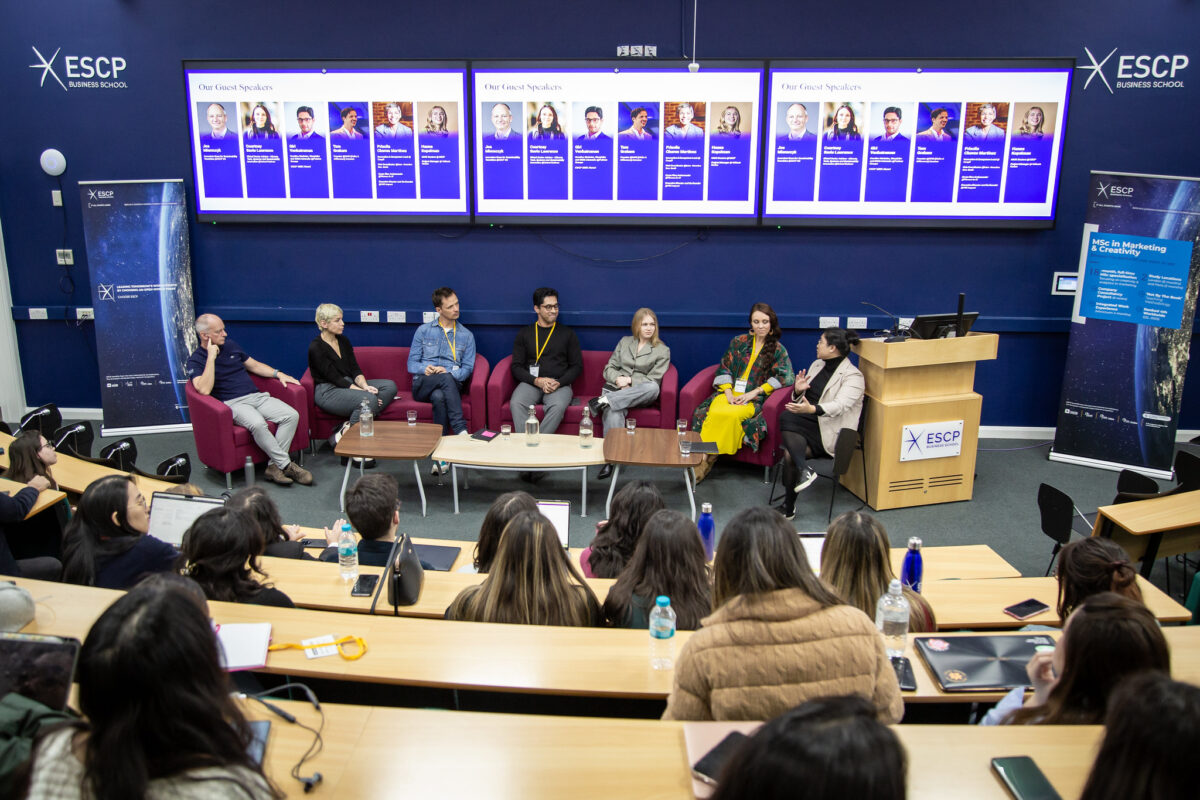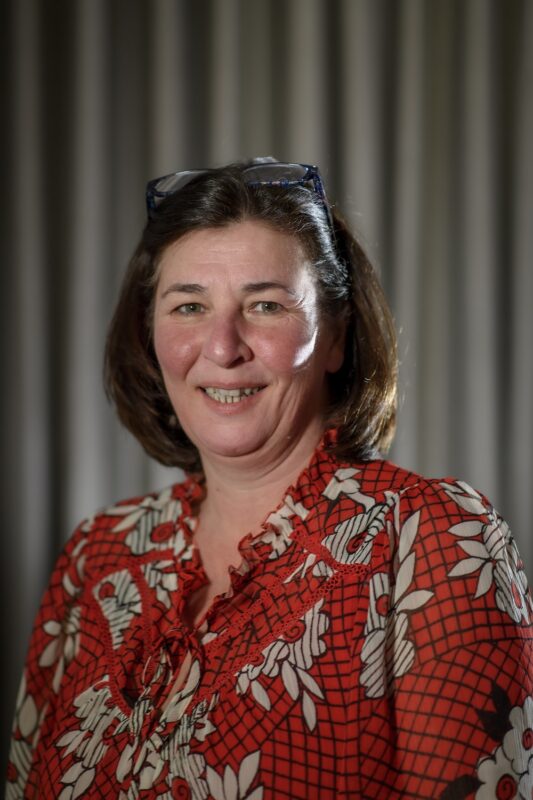Professionalisation: what is it and what can we learn from other sectors?

The idea of “professionalisation” means different things to different people and industries but generally speaking, professionalisation might involve a code of conduct and/or ethics, skills and competency frameworks, training and development. It may even involve some sort of qualification or accreditation.
In recent years, we’ve seen moves to bring professionalisation to a wide range of sectors including the humanitarian sector[1], security[2], and social care[3], and there is no doubt that it can bring significant benefits for the individual as well as their organisation.
I’d like to explore how professionalisation is being embedded into FE, the research that sits behind this, and my personal experience, including what we’re working on at NCFE with our valued network of collaborators.
Benefits of professionalisation – is it a win-win?
By investing in an individual’s continued development, that employee benefits from improved job prospects and a potentially higher salary. Meanwhile, the employer benefits from increased retention rates as loyal employees choose to stay with the organisation that has invested in them. In addition, organisations benefit from enhanced organisational reputation and respect, as a result of having a more professional workforce.
Professionalisation of a sector can, however, also attract concerns and criticisms. There is evidence that some social care workers are resistant to professionalisation and are reluctant to enter training attached to a formal recognition.[4] Similarly, some youth workers have shown concerns that professionalisation may require the elimination of “effective but idiosyncratic and unorthodox approaches”.[5]
While there may be pockets of doubt about the effects of professionalisation in specific sectors, these are largely mitigated by the benefits outweighing these concerns.
Professionalisation in FE
“Evidence-based decision-making” have become real buzzwords for organisations trying to demonstrate that their strategy, the day-to-day decisions taken, are based on evidence and not conjecture, assumptions or hearsay. At the heart of that evidence-based decision-making is always some form of research and/or analysis.
Ever the student, I’m passionate about research – you’re always learning new things – and have worked in the field for 15 years. As Head of Research and Insight for NCFE, I steer my team through a variety of fascinating topics including mental health, computerised adaptive testing, prison education reform, the role of AR/VR in the future of education delivery and assessment and much more. An important area of current focus is around continuing professional development (CPD) in the FE sector.
The Education and Training Foundation (ETF) was set up in 2013 as the body for professional development and standards for those working in further education and training in England. In collaboration with providers and practitioners, ETF developed twenty standards under three headings:
- Professional values and attributes (including reflecting on own practice and identifying what’s working and what’s not; challenging own practice)
- Professional knowledge and understanding (including maintaining and updating knowledge relevant to subject/vocation)
- Professional skills (including motivating and inspiring learners; planning and delivering effective programmes).
A study carried out by IFF Research for ETF on the use of these standards found that amongst those who had used them, 75% felt they had made at least some difference to their practice[6]. Nearly all said that they would like at least one type of support to help make the standards more useful/accessible to them and their colleagues (96%)[7]. Areas of support mentioned included clearer guidance on using the standards (37%), support for specific roles (34%) and more opportunities for peer involvement/networking/mentoring/buddying (26%).
NCFE’s work in CPD for FE professionals – what we’ve done so far and what’s coming up
NCFE is a long-standing supporter of CPD for FE professionals. In 2019, we announced a partnership with WorldSkills UK to deliver a programme designed for educators of technical education to advance their skills and share best practice. Speaking about the programme, our Chief Executive, David Gallagher, commented:
“The development of skills is a crucial aspect of enabling young people to reach their full potential. High-quality learning experiences build confidence, self-esteem and enable people to be the best they can be. Central to great learning experiences are great educators, and for the UK to be competitive on a global scale, we know that we need more truly world-class educators in our technical education and skills system.”
Continuing our focus on improving knowledge and sharing of best practice amongst educators, we recently announced a new partnership with the AoC, called Research Further. Research Further is an initiative which will see 10 FE practitioners supported to carry out a research project based on a topic of their choosing, sparked by their experience of working in the sector.
As they develop their research, FE scholars will be supported to share their findings back into the sector, increasing knowledge about what works. By the end of the programme, FE practitioners/scholars will walk away with a post-graduate degree and will leave behind a legacy – their contribution to FE sector knowledge. Along the way, the scholars will develop their own skills of research, analysis, critical thinking and writing, as well as developing their professional networks.
This is a journey I went through many years ago. As I was close to completion, I reflected on the process and the work that I produced. While it was a good piece of work, I remember thinking that there would have been a greater maturity to it had I spent a few years working and then gone back to do it. But it’s very difficult once you’re trying to make your way in the working world, with bills to pay and potentially a family to support, to go back – particularly without time and financial support.
That’s why I’m so excited and proud that NCFE is leading the way, together with the AoC, to offer this unique opportunity to FE practitioners. Having recently completed the selection of the first group of scholars, we’re looking forward to finding out more about them and the plans for their research, and to be able to share that with you very soon. Watch this space!
By Jansev Jemal, Head of Research and Insight at NCFE
[1] Professionalising the Humanitarian Sector: a scoping study, Enhancing Learning & Research for Humanitarian Assistance, Peter Walker, Feinstein International Centre Tufts University, Catherine Russ, RedR UK, April 2010 https://fic.tufts.edu/wp-content/uploads/Professionalising_the_humanitarian_sector.pdf
[2] The professionalisation of the security sector – where next?, Rick Mounfield, 5th August 2018, City Security Magazine, https://citysecuritymagazine.com/security-careers/advancing-security-sector-professionalisation/
[3] Professionalisation at work in adult social care, Report to the All-Party Parliamentary Group on Adult Social Care, 2019, Dr Lydia Hayes, Dr Eleanor Johnson, Alison Tarrant, https://www.gmb.org.uk/sites/default/files/Professionalisation_at_Work_0309.pdf
[4] Professionalisation at work in adult social care, Report to the All-Party Parliamentary Group on Adult Social Care, 2019, Dr Lydia Hayes, Dr Eleanor Johnson, Alison Tarrant, https://www.gmb.org.uk/sites/default/files/Professionalisation_at_Work_0309.pdf
[5] Youth work and professionalisation, Howard Sercombe, Centrecare Goldfields, Kalgoorlie, Western Australia
[6] Professional Standards Survey Report, IFF Research for ETF, July 2019, p.20 https://www.et-foundation.co.uk/wp-content/uploads/2019/11/Professional-Standards-Survey-report.pdf
[7] Professional Standards Survey Report, IFF Research for ETF, July 2019, p.4 https://www.et-foundation.co.uk/wp-content/uploads/2019/11/Professional-Standards-Survey-report.pdf












Responses